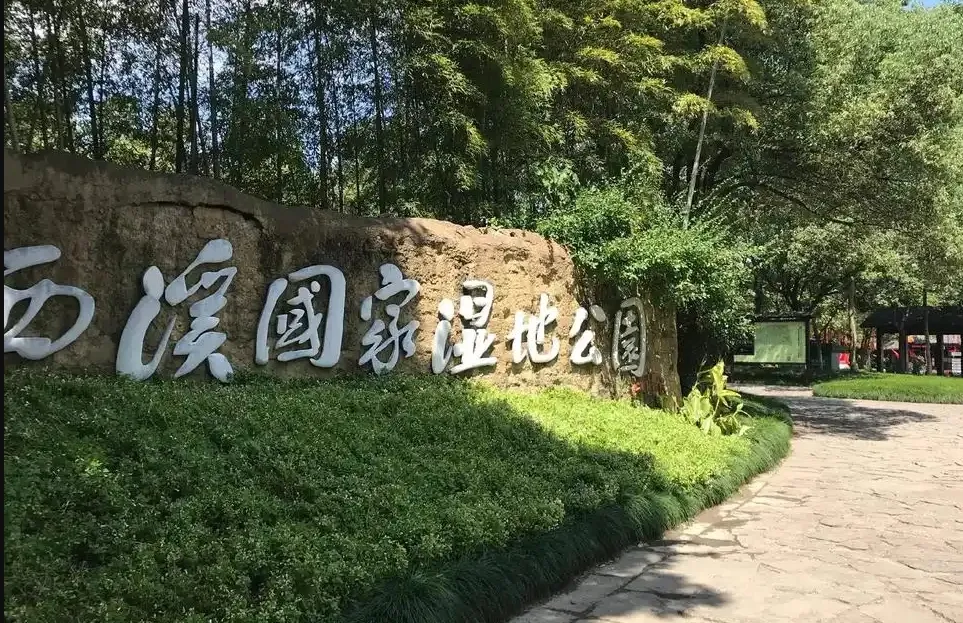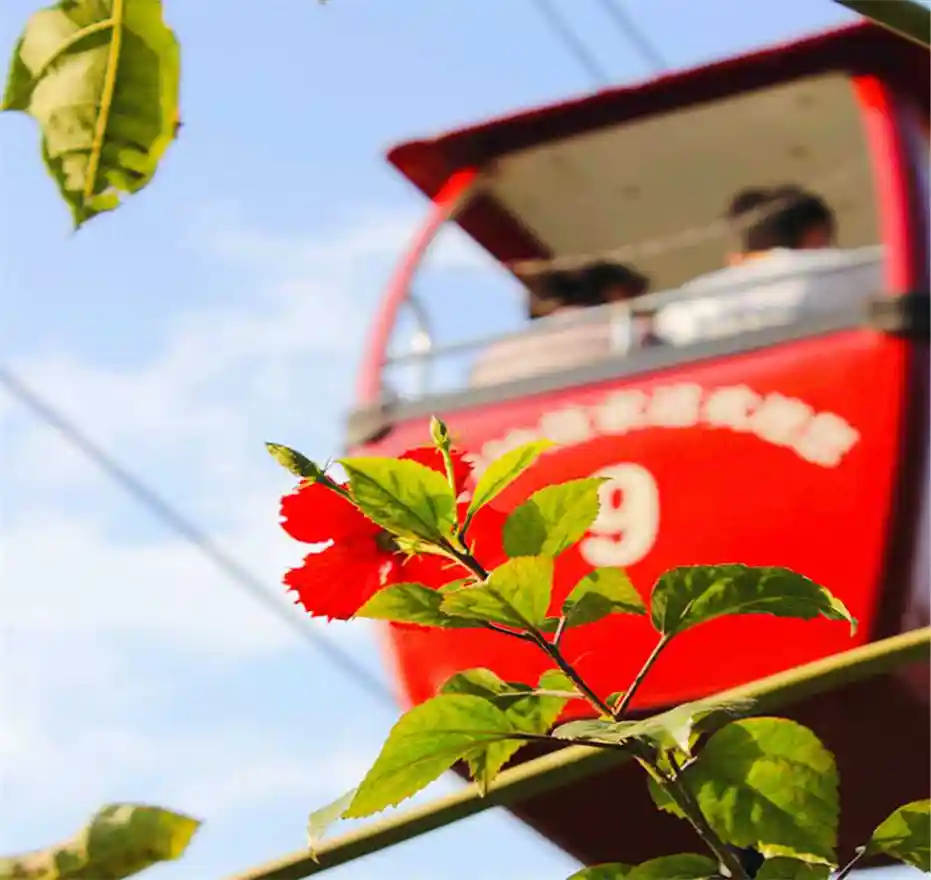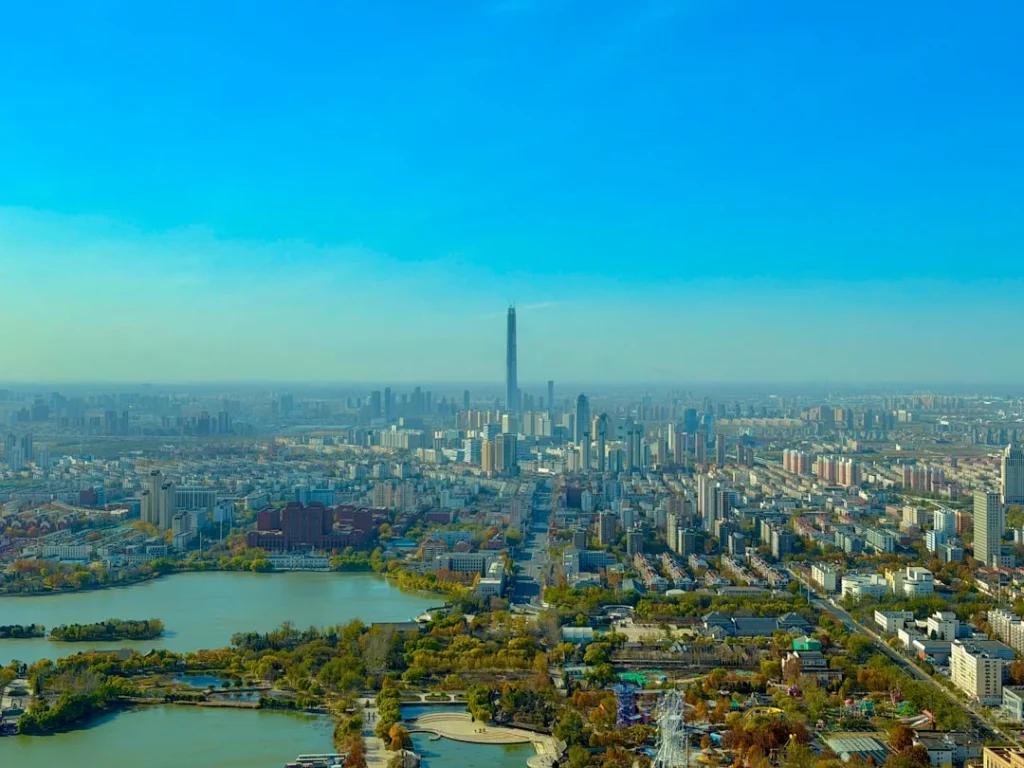Discover the Hidden Gem of Hangzhou
Nature lovers and city dwellers alike often search for a peaceful retreat within reach of urban life. In Hangzhou, one destination stands out: a lush, water-rich sanctuary surrounded by modern development. This is Xixi Wetland Park—a rare blend of ecological preservation and cultural heritage.
Unlike typical city parks, this area offers winding waterways, ancient bridges, and diverse wildlife. It’s not just a green space—it’s a living ecosystem. Once a lesser-known local secret, it has gained international attention for its conservation efforts and scenic beauty.
This article explores what makes this wetland so special. From its history to visitor tips, we’ll guide you through the best ways to experience it. Whether you’re planning a trip or researching eco-tourism in China, this deep dive delivers valuable insights.
Why Xixi Stands Out Among Urban Wetlands
Urban wetlands are rare, especially in rapidly developing regions. Xixi National Wetland Park is one of China’s first national wetland parks approved by the government. Its designation in 2005 marked a shift toward valuing ecological zones within city limits.
Covering over 11 square kilometers, the park combines natural marshes, man-made canals, and restored habitats. It serves as a critical refuge for migratory birds and native plant species.
What sets it apart is its balance of protection and accessibility. Unlike remote nature reserves, this park welcomes visitors while maintaining strict environmental controls. Boardwalks, quiet zones, and regulated boat tours help minimize human impact.
A Sanctuary for Biodiversity
The park supports more than 200 species of plants and over 100 bird species. Among them are the endangered black-faced spoonbill and the Chinese egret. These birds rely on the wetland’s shallow waters and reed beds for feeding and nesting.
Seasonal changes bring different wildlife sightings. Spring and autumn are ideal for birdwatching. Summer offers lush greenery, while winter reveals a quiet, reflective landscape.
Ecologists praise the park’s role in urban biodiversity. It acts as a “green lung” for Hangzhou, improving air quality and supporting pollinators. Restoration projects have reintroduced native aquatic plants, enhancing water filtration and habitat complexity.
Tracing the History of Xixi
Long before its official status, Xixi was a rural wetland used for agriculture and fishing. Historical records date back to the Song Dynasty (960–1279), when scholars praised its poetic scenery.
In the 20th century, urban expansion threatened its survival. Farms and factories encroached on the marshes. By the 1990s, pollution and drainage had degraded much of the ecosystem.
The turning point came in the early 2000s. After public advocacy and scientific assessment, the government launched a large-scale restoration. The result? A model for urban wetland recovery in Asia.
Design and Layout of the Park
The park is divided into three main zones:
– **Ecological Preservation Zone** (restricted access)
– **Moderate Tourism Zone** (boardwalks and viewing platforms)
– **Cultural Experience Zone** (historic buildings and craft villages)
This zoning strategy protects sensitive areas while allowing public engagement. Visitors enter through the south gate, where a visitor center provides maps and educational displays.
Paths follow water channels, connecting pavilions, tea houses, and lotus ponds. The layout encourages slow, immersive exploration—perfect for photography or meditation.
Experiencing Xixi National Wetland Park
A visit here is not like walking through a typical theme park. The experience is gentle and reflective. Many guests choose a boat tour, gliding through narrow canals shaded by willow trees.
Electric boats and traditional paddle boats are available. The latter offers a more intimate connection with the water.
Walking trails range from 1 to 5 kilometers. Some lead to elevated platforms for panoramic views. Others pass through bamboo groves and lotus fields.
Best times to visit: early morning or late afternoon. Crowds are smaller, and lighting is ideal for photos.
Cultural Heritage and Local Crafts
Beyond nature, the park preserves Hangzhou’s rural traditions. Restored farmhouses showcase silk production, bamboo weaving, and tea processing.
Seasonal festivals highlight local customs. The Lotus Festival in July features boat parades and flower displays. The Autumn Harvest Festival includes food stalls and folk performances.
Visitors can try their hand at calligraphy or make herbal sachets. These activities connect people to the region’s agrarian past.
Conservation Challenges and Successes
Maintaining water quality is an ongoing challenge. Runoff from nearby developments can introduce pollutants. The park uses natural filtration systems—reed beds and aquatic plants—to clean incoming water.
Invasive species like water hyacinth are regularly removed. Staff monitor pH levels, oxygen content, and temperature to ensure healthy conditions.
These efforts have paid off. Fish populations have rebounded, and rare turtles have returned. The park now serves as a research site for Chinese and international scientists.
How to Plan Your Visit
– **Opening Hours**: 8:00 AM – 5:30 PM (last entry at 4:00 PM)
– **Admission Fee**: ~$5 USD (discounts for students and seniors)
– **Best Season**: Spring (March–May) or Autumn (September–November)
– **Getting There**: Take Metro Line 5 to Xixi Wetland Park Station
Wear comfortable shoes. Bring insect repellent in summer. Avoid loud noises to respect wildlife and other visitors.
Why Xixi Matters for Sustainable Tourism
Xixi National Wetland Park sets a benchmark for eco-friendly urban tourism. It proves that cities can grow without sacrificing natural spaces.
Its success lies in long-term planning, community involvement, and science-based management. Other cities in China and beyond are studying its model.
As climate change increases the need for green infrastructure, parks like Xixi become even more vital. They offer cooling effects, flood control, and mental health benefits.
Final Thoughts: A Must-Visit for Nature Enthusiasts
Xixi Wetland Park is more than a scenic escape—it’s a symbol of ecological resilience. Whether you’re drawn to birds, history, or tranquility, it offers a meaningful experience.
For travelers to Hangzhou, it’s a perfect complement to the West Lake. While West Lake dazzles with classical beauty, Xixi whispers with quiet authenticity.
We recommend spending at least half a day here. Let the waterways guide you. Breathe deeply. And remember: preserving places like this starts with awareness—and visits.



